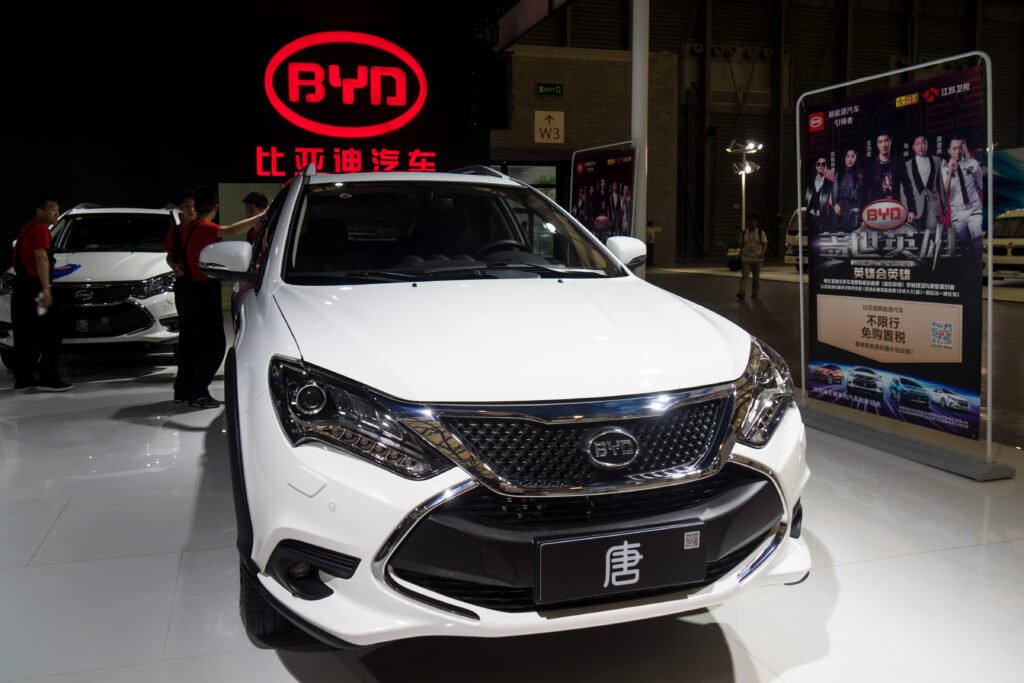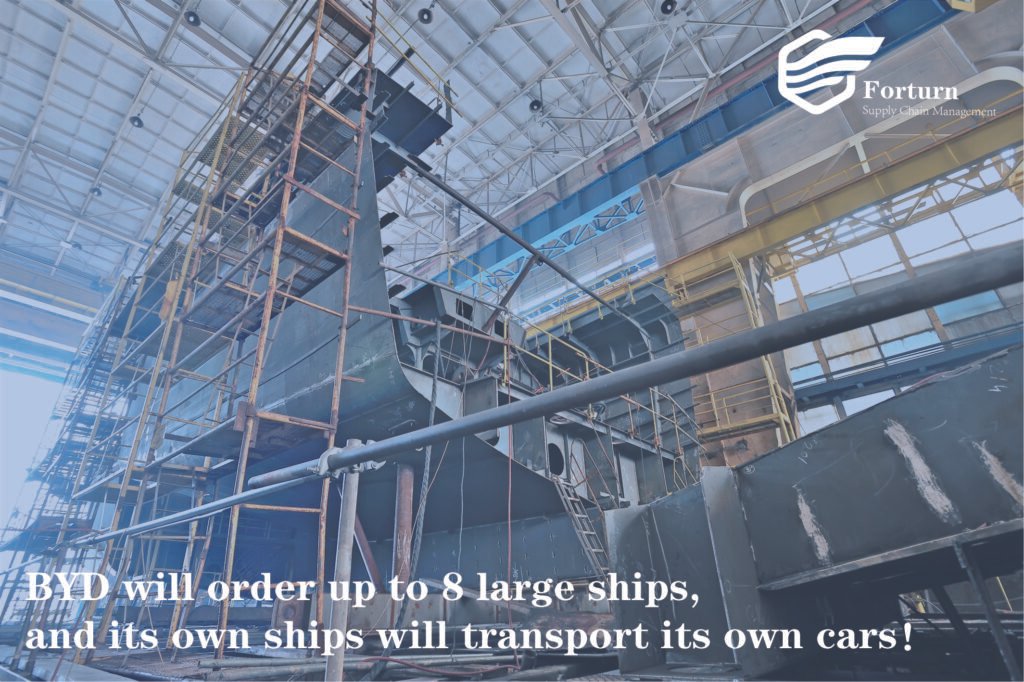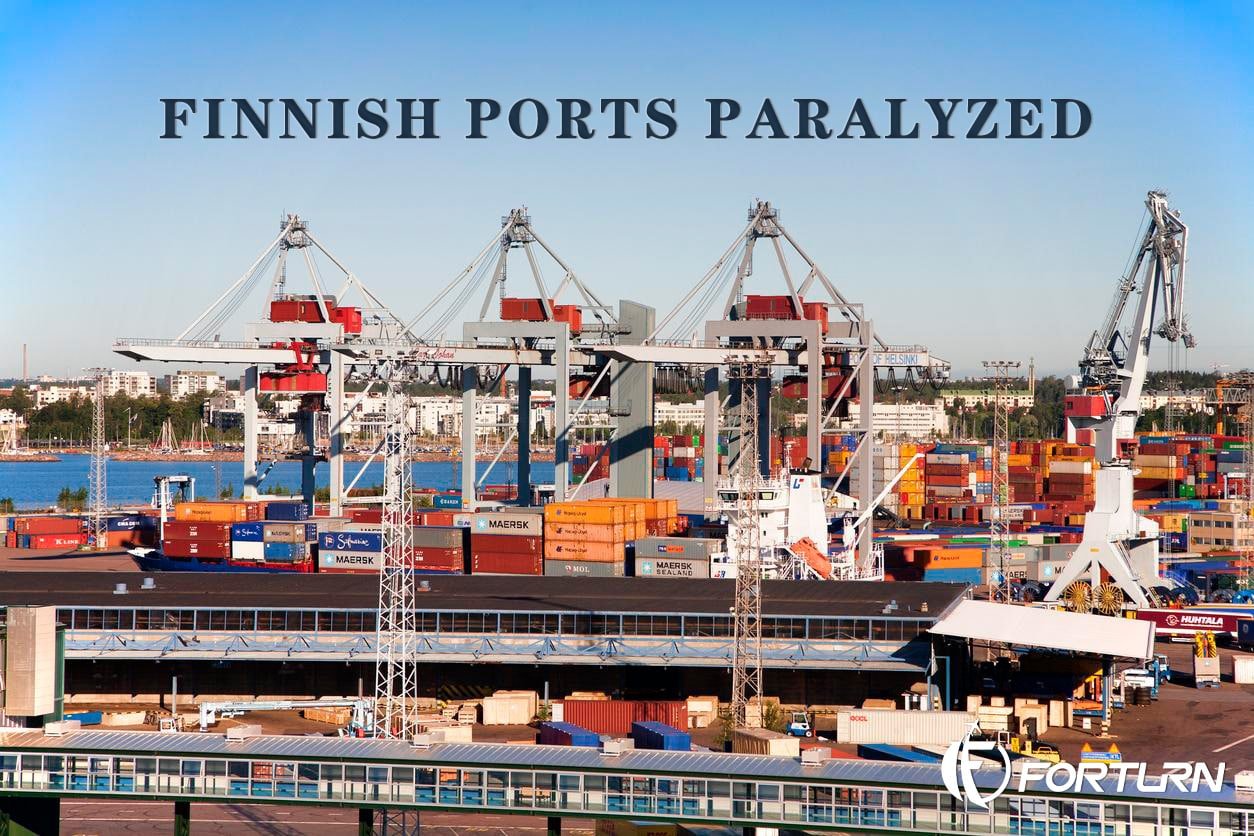In order to meet the growing demand for transportation, some car manufacturers began to try to build their own ships. One of the representatives is BYD, a well-known Chinese automobile manufacturer.
In the first half of this year, BYD maintained a monthly sales volume of “100,000+” for four consecutive months, with a cumulative sales volume of 641,400 units, becoming the global sales champion of new energy vehicles. According to media reports, BYD is planning to order up to eight 7,700 CEU dual-fuel vehicle carriers (PCTC) to meet the transportation demand brought about by rapid overseas expansion. The new ships are expected to be delivered in succession after 2025.
The price for the order has been negotiated at $84 million per vessel, although this may change as prices rise this year. In addition to building its own ships, BYD is also negotiating with Chinese shipping companies to explore potential cooperation.

At present, BYD’s new energy vehicle business covers six continents, more than 70 countries and regions, and more than 400 overseas cities. In addition to BYD, many Chinese auto companies have begun to accelerate their deployment in overseas markets.
In 2021, for Chinese car companies, the export volume of automobiles exceeded 2 million for the first time, and the sales volume reached 2.015 million. In the first half of this year, China’s automobile exports reached 1.218 million units, a year-on-year increase of 47.1%, continuing the rapid growth.
In this context, the automobile transportation industry is bound to keep up with the rapid pace of Chinese automobiles going overseas, which will bring confidence to Chinese automobile companies to “go global” and gain supply chain advantages in international competition.










